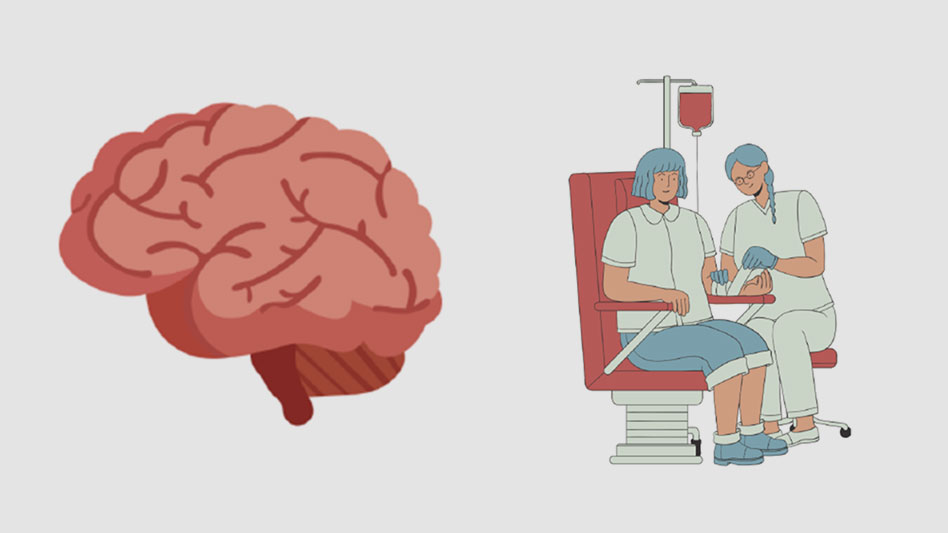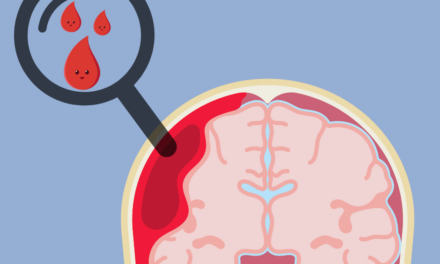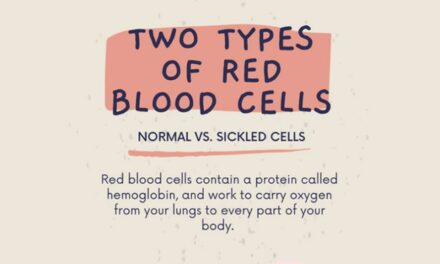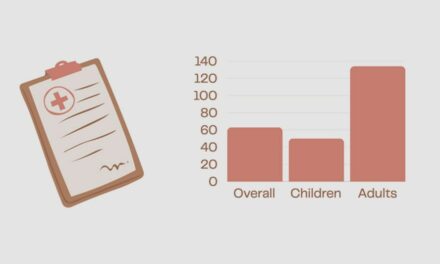Sickle cell disease is a genetic condition that causes red blood cells to stick together leading to
infections and episodes of pain and difficulty breathing. Around 8% of children with sickle cell disease will have a stroke. An important study, The Stroke Prevention Trial in Sickle Cell Anemia (STOP), aimed to find out if strokes could be prevented with regular blood transfusions. Transfusions decrease the amount of abnormal red blood cells in the body. In the STOP trial, children with sickle cell disease were included if they were at high risk of having a stroke. They determined this by using a device called a transcranial doppler (TCD) ultrasound which measures blood flow in the brain. The children with abnormal TCDs were divided into two groups. One group was given regular transfusions and the other group was not. The trial found that children in the transfusion group had fewer strokes. Specifically, after about 1.5 years, 10 out of the 67 children who did not have transfusions had strokes. Yet, only 1 out of the 63 children who received transfusions had a stroke. This clearly illustrated that transfusions decrease stroke risk. The study, completed in 1998, transformed how physicians treat children with sickle cell disease-which has significantly decreased the number of strokes in these children.
Reference, Original Abstract:
Adams RJ, McKie VC, Brambilla D, Carl E, Gallagher D, Nichols FT, Roach S, Abboud M, Berman B, Driscoll C, Files B, Hsu L, Hurlet A, Miller S, Olivieri N, Pegelow C, Scher C, Vichinsky E, Wang W, Woods G, Kutlar A, Wright E, Hagner S, Tighe F, Waclawiw MA, et al. Stroke Vichinsky E, Wang W, Woods G, Kutlar A, Wright E, Hagner S, Tighe F, Waclawiw MA, et al. Stroke . PMID: 9492971. .
Abstract Translation: Yashila Suresh
Graphics: Isabella Estrada
Medical Editor: Jenny Wilson, MD
Junior Editor: Sophia Schiro





